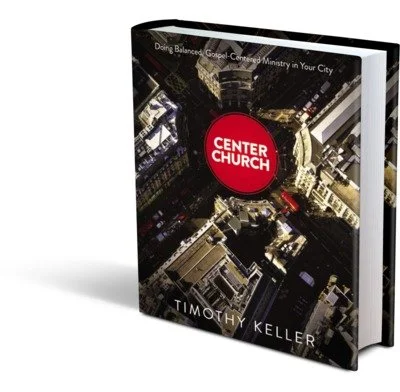The Pat Robertson for President advance team made it clear that journalists were barred from its campaign rally in a church near Denver.
The candidate wanted friendly faces. As one volunteer said: "What Pat might have to say to a group of pastors … might not be the kinds of things he'd want mainstream Republicans to read in the press."
The faithful inside that 1988 event raised their hands in praise to God and sang familiar choruses with a true believer that they knew shared their embrace of miracles, prophecy and "speaking in tongues." That kind of trust fueled Robertson's media-driven career, which ended on June 8 with his death at age 93.
Yes, I was on the outside of that door, researching my very first syndicated "On Religion" column. Before Robertson arrived, supporters prayed for a "special anointing" of God's power on their candidate. There is the kingdom of heaven, and there is the kingdom of the earth, one man prayed. "We thank you for men of courage, like Pat Robertson, who are working to bring these two kingdoms closer together," he added.
Robertson avoided blunt faith language when facing the press during that high-wire political campaign. However, he kept blending subtle biblical references into remarks about economics, foreign policy and hot cultural issues. He knew fans of his daily 700 Club broadcasts could break the code.
"Robertson had his own program. He knew he could say whatever he wanted to say there," said Kenneth Woodward, known for decades of work at Newsweek and books such as "Getting Religion: Faith, Culture and Politics from the Age of Eisenhower to the Era of Obama."
On one level, "he didn't need to talk to the press because he could talk straight to his own people. But that doesn't always work in politics, when you need to reach other people in order to succeed," said Woodward, reached by telephone.
Once Robertson veered into politics, his critics paid closer attention to what he said, about almost anything. In an online First Things essay, Woodward noted that this included 700 Club prayers in which Robertson -- "his eyes squeezed tight for inward gazing" -- said he could sense that viewers were being healed.










